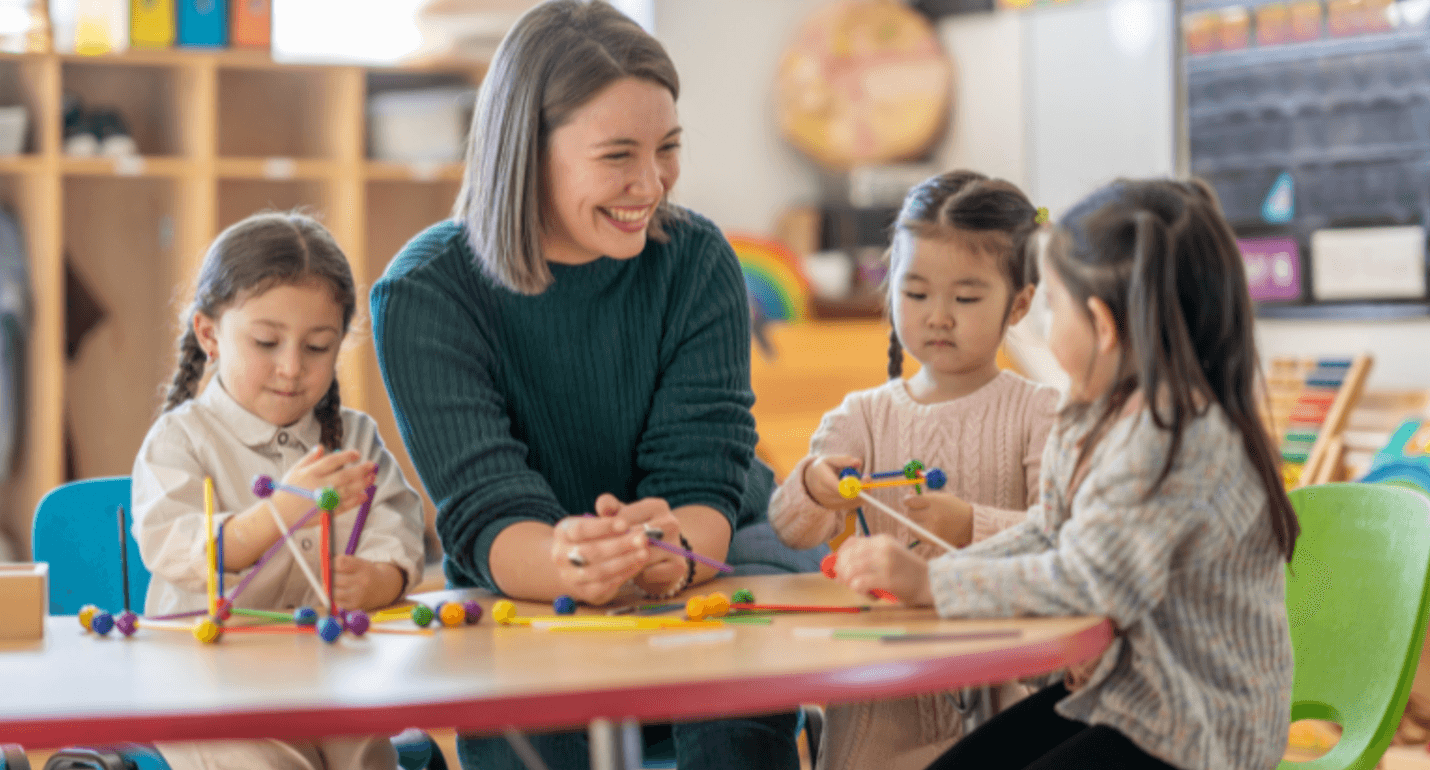Teaching in Key Stages 1 and 2 (KS1 and KS2) is not for the faint-hearted. It’s a delicate balancing act of meeting curriculum expectations while nurturing young minds—and in many cases, hearts. In international settings like Dubai, primary teachers wear more hats than you’d find at the Ascot races. They’re not just educators but mentors, cheerleaders, and occasionally, makeshift IT support for a class of tech-savvy youngsters who somehow can’t remember their logins. These teachers are driven by passion, this is not a job it’s a vocation, with years in university learning how to develop young minds through excellent pedagogy good teachers don’t just “tell children”, they “teach” and the difference is massive.
Primary education is a world of magic and momentum. At first glance, it might seem like it’s all about literacy and numeracy. But spend five minutes in a KS1 or KS2 classroom, and you’ll see something extraordinary. Teachers are architects of knowledge, designing lessons that unlock a child’s potential, dextrously using cross curriculum opportunities to develop a greater span of learning, building your child’s confidence, and sparking curiosity. They teach children to question, to wonder, and to connect the dots between the pages of a book and the world outside their classroom window.
Take communication and language, for instance. While younger students learn to express their ideas, primary teachers fine-tune those skills. They teach children how to craft compelling stories, debate with kindness, and share their unique perspectives. It’s where the seeds of leadership and empathy are sown. And then there’s Mathematics—not just endless worksheets of sums, but the exhilarating discovery that numbers can solve real-world problems, like dividing up party sweets fairly or calculating how long until playtime.
Primary school is also where children’s emotional intelligence gets a serious workout. PSHE (Personal, Social, and Health Education) lessons guide students through the complexities of friendships, feelings, and fairness. It’s where they learn to collaborate, compromise, and celebrate each other’s successes. Teachers aren’t just helping students earn good grades; they’re shaping compassionate, resilient individuals who understand their place in a global community.
The curriculum also takes students on thrilling adventures into science, history, and geography. Whether it’s learning about ecosystems, ancient civilizations, or the mysteries of the solar system, primary teachers transform classrooms into laboratories, museums, and launchpads for discovery. And let’s not forget the creative arts. From music compositions to painted masterpieces and drama productions, primary schools are buzzing with creativity. Here, students learn to express themselves and to see the beauty in their own unique contributions.
But let’s not pretend it’s all sunshine and glue sticks. Every primary teacher has navigated the joys of explaining fractions to a room of 8-year-olds who think “a quarter” is just a part of pizza. They’ve mastered the art of motivating students to spell “Wednesday” correctly or to listen—really listen—for more than five minutes. And yet, they rise to the challenge every single day with patience, resilience, and an unwavering belief in their students.
Primary teachers are the ultimate multitaskers. They’re part motivational speaker, part project manager, and part magician, conjuring enthusiasm for times tables or persuasive writing with equal finesse. They can go from refereeing a lunchtime football match to consoling a child who just dropped their snack in the sandpit, all without missing a beat.
Theirs is a job of monumental impact. They don’t just teach subjects; they inspire futures. The lessons learned in primary school classrooms lay the foundation for academic success, critical thinking, and lifelong curiosity. So, to every KS1 and KS2 teacher out there: thank you. Thank you for turning challenges into opportunities, for celebrating every achievement, no matter how small, and for showing children that learning is a lifelong adventure worth embarking on.
If you have ever wondered why school is so important at this age all of the above will hopefully confirm that the actual reading and maths are such a small part of what goes on here in turning your children into real well-rounded citizens who are ready for the challenges that lie ahead. And if you’ve ever wondered what primary school teachers actually do all day, the answer is simple: everything, and then some. They do it with passion, purpose, and just enough caffeine to make it to the final bell. It’s not just teaching; it’s transforming the world, one eager learner at a time.
